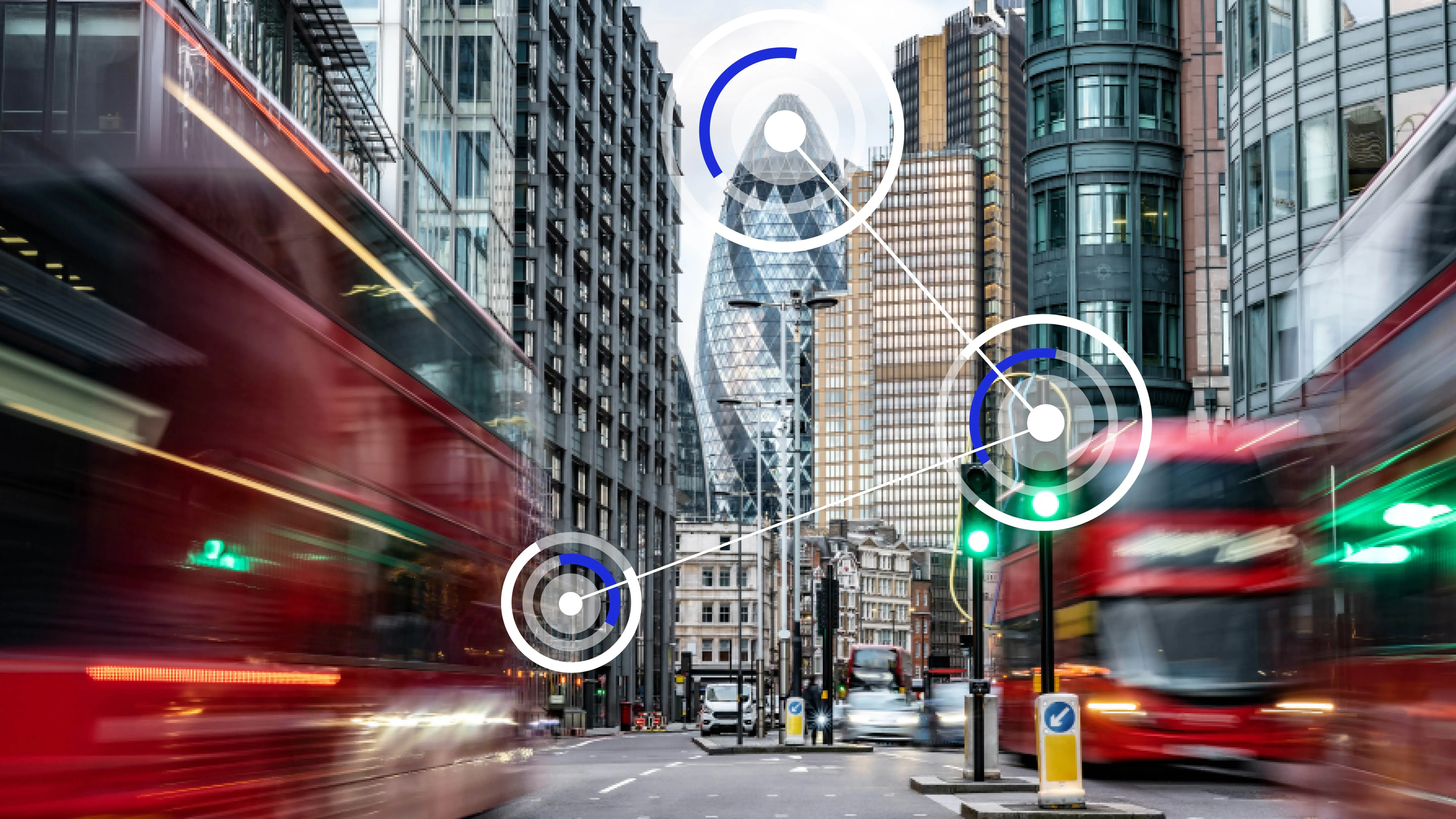The Mayor of London, Boris Johnson, has confirmed that Transport for London’s (TfL) financial support to local transport projects through the Local Implementation Fund (LIP), will be held constant at US$240.8 million a year for the next three years to 2016/17.
LIP funding has been protected through TfL's savings and efficiencies programme in recognition of the vital role the boroughs play in local delivery of the Mayor's Transport Strategy, despite a reduction in TfL's Central Government funding.
Th
December 18, 2013
Read time: 2 mins
The Mayor of London, Boris Johnson, has confirmed that 1466 Transport for London’s (TfL) financial support to local transport projects through the Local Implementation Fund (LIP), will be held constant at US$240.8 million a year for the next three years to 2016/17.
LIP funding has been protected through TfL's savings and efficiencies programme in recognition of the vital role the boroughs play in local delivery of the Mayor's Transport Strategy, despite a reduction in TfL's Central Government funding.
The funding will be used by the boroughs to support projects that will create safer cycling infrastructure, improve roads, high streets and neighbourhoods and tackle air pollution across London.
These improvements form part of the wider work TfL is carrying out across London to deliver the recommendations of the Mayor’s Roads Task Force (RTF) to tackle the challenges facing London's streets and roads. This independent body brings together a wide range of interests and expertise, united in the belief that the capital needs a long-term strategy for roads and a commitment to major investment in street management and urban design.
LIP funding has been protected through TfL's savings and efficiencies programme in recognition of the vital role the boroughs play in local delivery of the Mayor's Transport Strategy, despite a reduction in TfL's Central Government funding.
The funding will be used by the boroughs to support projects that will create safer cycling infrastructure, improve roads, high streets and neighbourhoods and tackle air pollution across London.
These improvements form part of the wider work TfL is carrying out across London to deliver the recommendations of the Mayor’s Roads Task Force (RTF) to tackle the challenges facing London's streets and roads. This independent body brings together a wide range of interests and expertise, united in the belief that the capital needs a long-term strategy for roads and a commitment to major investment in street management and urban design.








